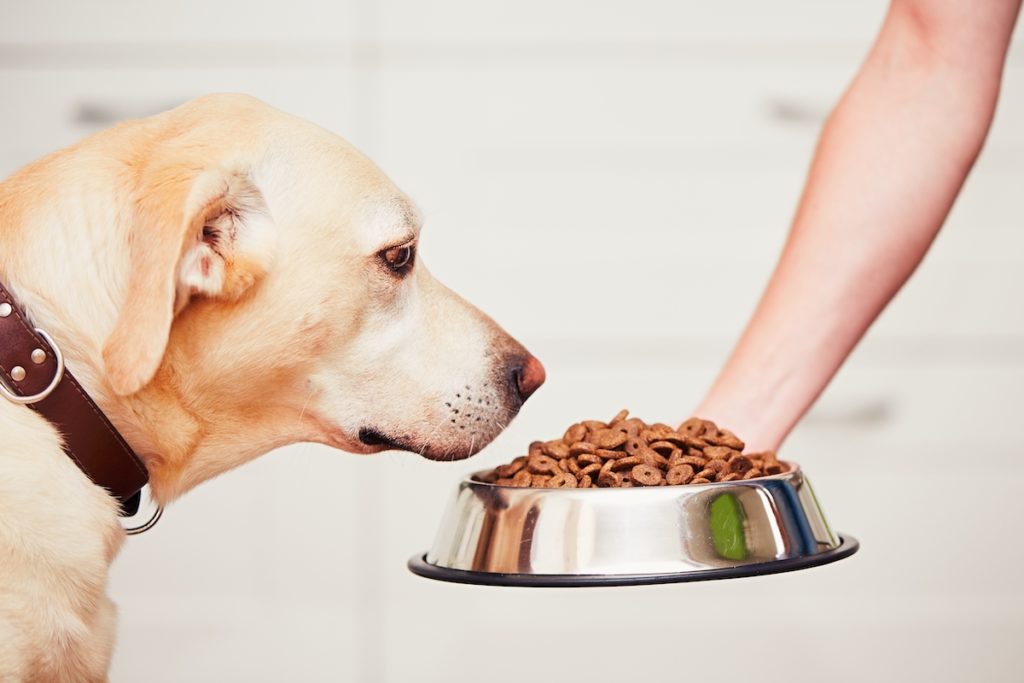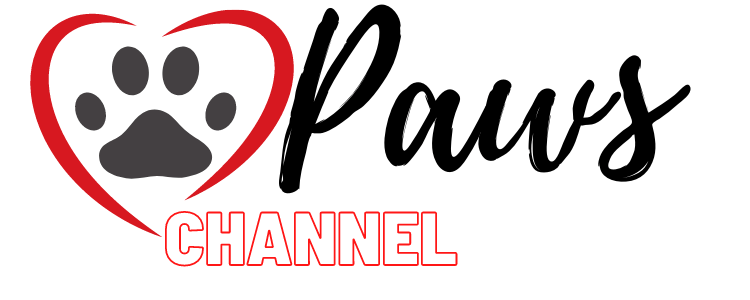Can I feed my dog grain or is it cruelty to animals?
feed dog grain: The trend towards a natural, light and healthy diet has also captured dog owners: If you look around the Internet, you will find countless opinions on this topic. It is not uncommon for people who feed their dog grain to be labeled as cruel to animals. Your animal world clarifies whether the grain is really a no-go.
Feeding the dog as naturally as a wolf – that sounds plausible at first, of course. Many people also experience better off with an ancient diet of meat and vegetables than when they eat chips, wheat rolls, and sweets.
However, these extreme views are not without danger. In the long term, a very one-sided diet can lead to deficiency symptoms or even oversupply.
The dog is not a wolf.
In a sensational study in 2013, dogs and wolves’ genes were compared – it was shown that dogs have adapted to the diet of us humans and digest carbohydrates much better than wolves.
It is now known that dogs even need carbohydrates to ensure healthy bowel function. Therefore, the carbohydrates in dog food, often referred to as cheap fillers, are not only allowed but even necessary.
Dogs can adjust their intestinal starch digestion variably up to a wheat content of 60 percent. From a grain content of 60 percent in dog food, diarrhea is triggered, as the undigested starch has an osmotic effect, i.e., it draws water into the intestine. But that’s about all.
Read More: Read More: Can I feed my dog grain, or is it cruelty to animals?
Does Grain Feed Really cause inflammation in my dog?
This is also a popular argument that is circulating in many forums and on websites. But is there anything to it? There really is a study that confirms that grain leads to chronic inflammation in the body – but so far, this has only been proven in humans (feed dog grain).
And only provided that these people have a pre-existing intestinal disease, such as Crohn’s disease. People with healthy intestines will not get chronic inflammation from eating wheat products.
The “bad” finished feed is not bad at all.
It continues with the ubiquitous discussion about commercial feed and self-made rations: Commercial feed is mostly heated to make it durable. This can create new allergens (for example, through the Maillard reaction, a reaction between sugar and proteins). Because of this, some dogs tolerate home-cooked food better.

Photo: Envato Elements (symbol photo)
However, there is a risk of under-or oversupply. Because very few people have a nutrition plan based on scientific data created for their animal. Therefore, it is absolutely recommended to feed your dog high-quality ready-made food from a scientific point of view. And yes, this may also contain grain.
Read More: Why you shouldn’t change your puppy’s food.
And what about the feed allergy?
For a feed allergy to develop, components from the food must come into contact with the bloodstream. This means that an intestinal disease always precedes a feed allergy.
There are two phases to an allergy: In the sensitization phase, the intestinal wall is damaged. Substances normally only absorbed indigestion can then enter the bloodstream as larger particles and antibodies are formed.
In the second phase, the phase of hypersensitivity, there is renewed contact with the allergen. This then leads to an excessive reaction of the immune system, which manifests itself in itching and diarrhea (feed dog grain).

Photo: pixabay.com/KrystianGraba (symbol photo)
According to a study from 2015, the most common allergens are beef, poultry, cereals, cow’s milk, soy, eggs, and fish. Nevertheless, nobody would think of feeding their dog a vegetarian or vegan diet for this reason – the substances mentioned are simply the most common ingredients in our dog food, which is why the probability is greater that an allergy will develop.
The grain is allowed in dog food.
Conclusion: Yes, there are food intolerances and allergies to grain – but no more than other substances such as meat and dairy products. Therefore, it is absolutely justifiable to choose a dog food containing wheat if your dog likes it, and he can digest it well.

